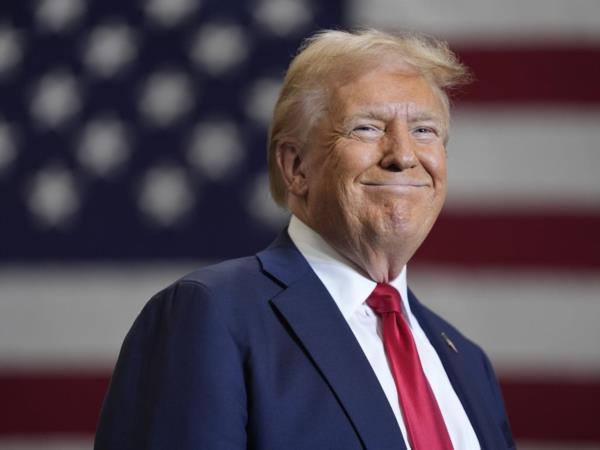
President Donald Trump's recent personnel moves suggest a potential shift towards a more diplomatic approach with Iran. Trump hinted at openness to a nuclear deal with Iran, stating that he hopes Iran will make a deal but is prepared if they do not. The firing of Brian Hook, a key figure in Trump's Iran policy, has raised questions about a possible change in direction.
Trump has made significant changes in his foreign policy team, including removing Hook from his position at a U.S. government-owned think tank. Additionally, Trump has reassigned his Middle East envoy, Steven Witkoff, to address U.S. concerns about Iran, indicating a focus on diplomatic negotiations.
Experts warn of Iran's uranium enrichment activities, although they have not reached the purity levels required for a nuclear bomb. Trump has also appointed Michael Dimino, a foreign policy expert advocating for reducing U.S. resources in the Middle East, as deputy assistant secretary of defense for the Middle East.



Dimino's views align with a strategy to prioritize countering China over Middle East affairs. He argues that the Middle East holds minimal importance for U.S. interests and suggests redirecting resources accordingly. Dimino's stance contrasts with more hawkish views held by other members of Trump's foreign policy team.
Secretary of State Marco Rubio and National Security Advisor Mike Waltz have expressed support for reinstating snapback sanctions on Iran. Despite differing opinions within Trump's orbit, the administration's personnel changes indicate a potential shift towards a more diplomatic approach in dealing with Iran.







